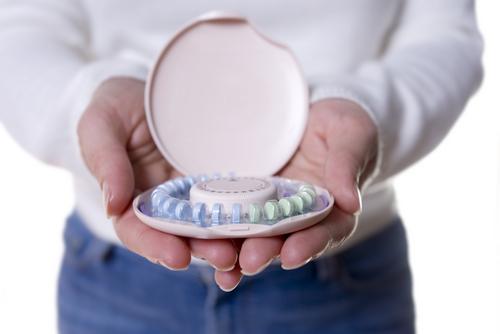Give Teens Over-the-Counter Birth Control Pills, Say Researchers

A new study from John Hopkins University supports the case that women should be able to get birth control pills without having to get a prescription from a doctor. Researchers found that oral contraceptives can be safely sold over the counter to women of all ages.
A team of experts in pediatric, adolescent and women’s health reviewed years of data to come to their conclusion that the pill, already the most popular form of hormonal birth control in the U.S., should be available with even fewer restrictions. They called the need to get a prescription “a barrier to contraceptive initiation and continuation for women, in particular adolescents.”
The study also pointed to the need to make it easier for teens to get contraceptives.
“Decades of research show that a majority of adolescents initiate sex before the age of 18 and that earlier use of contraception reduces the risk of teen pregnancy. Our review strongly suggests that giving teens easier access to various contraceptives will not lead to more sex but would result in fewer unwanted pregnancies,” said Professor and doctor Krishna Upadhya, the paper’s lead author.
In fact, the team thinks it might be easier for teens to be in a routine of taking contraceptives when the situation is removed from emotional and sexual pressures. Basically – on a cooler head.
“Oral contraceptives are popular, safe and effective methods of pregnancy prevention for women and teens. Our review emphasizes that any future over-the-counter pill has the potential to benefit teens, and there is no scientific rationale to restrict access based on age,” emphasized Upadhya.
The issue of whether women should have easier access to “the pill” is politicized and cause of medical debate. Some doctors believe that the pill can only be taken with medical supervision due to its potential health hazards. Religious groups are also against more access to contraceptives.
Others, like the American College of Obstetricians and Gynecologists, officially endorse the idea. Changing the law on a federal level has proved elusive so proponents of allowing over-the-counter sale of contraceptives have focused on states. Measures that let people to see pharmacists instead of doctors to get contraceptives passed in Oregon and California.
You can read the study here, in the Journal of Adolescent Health.





